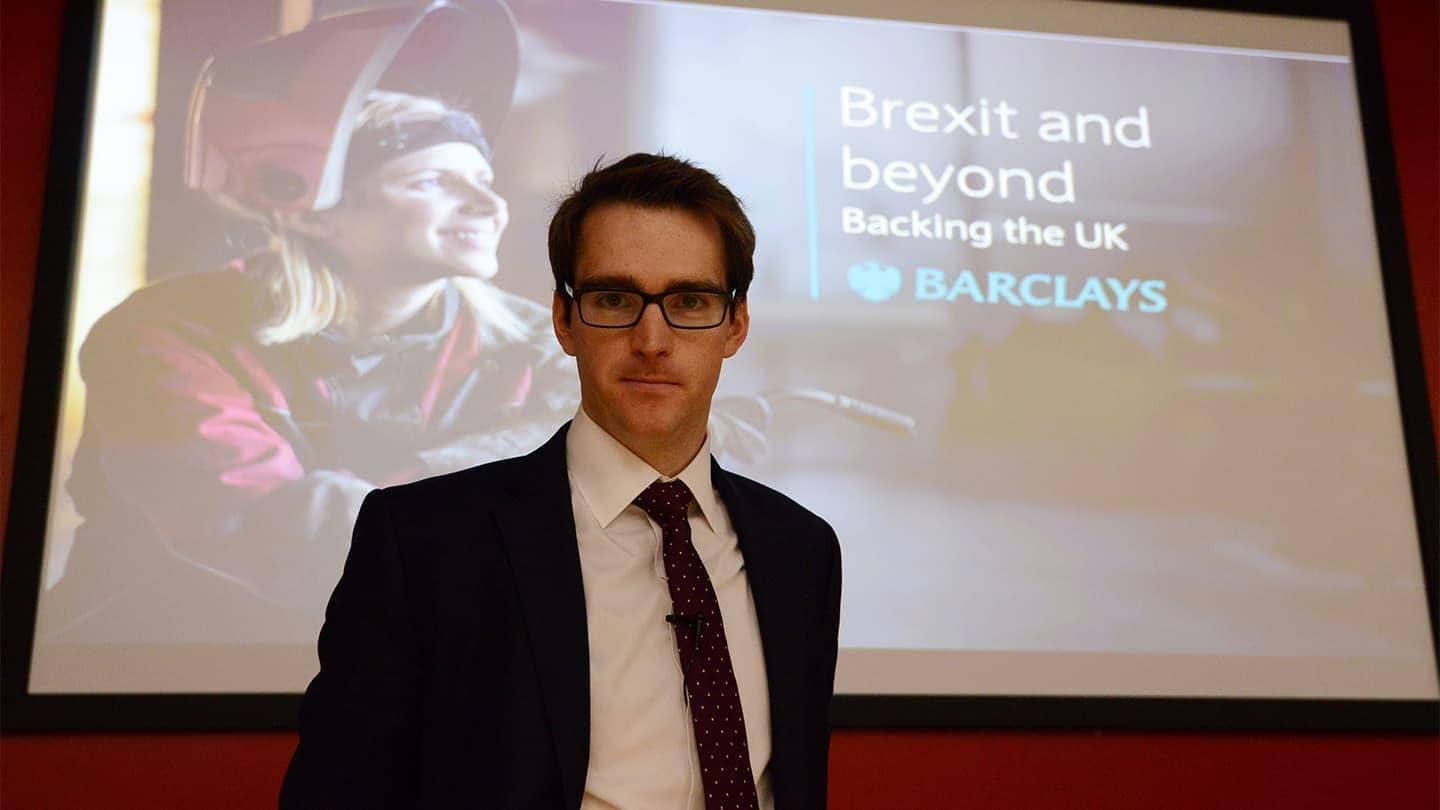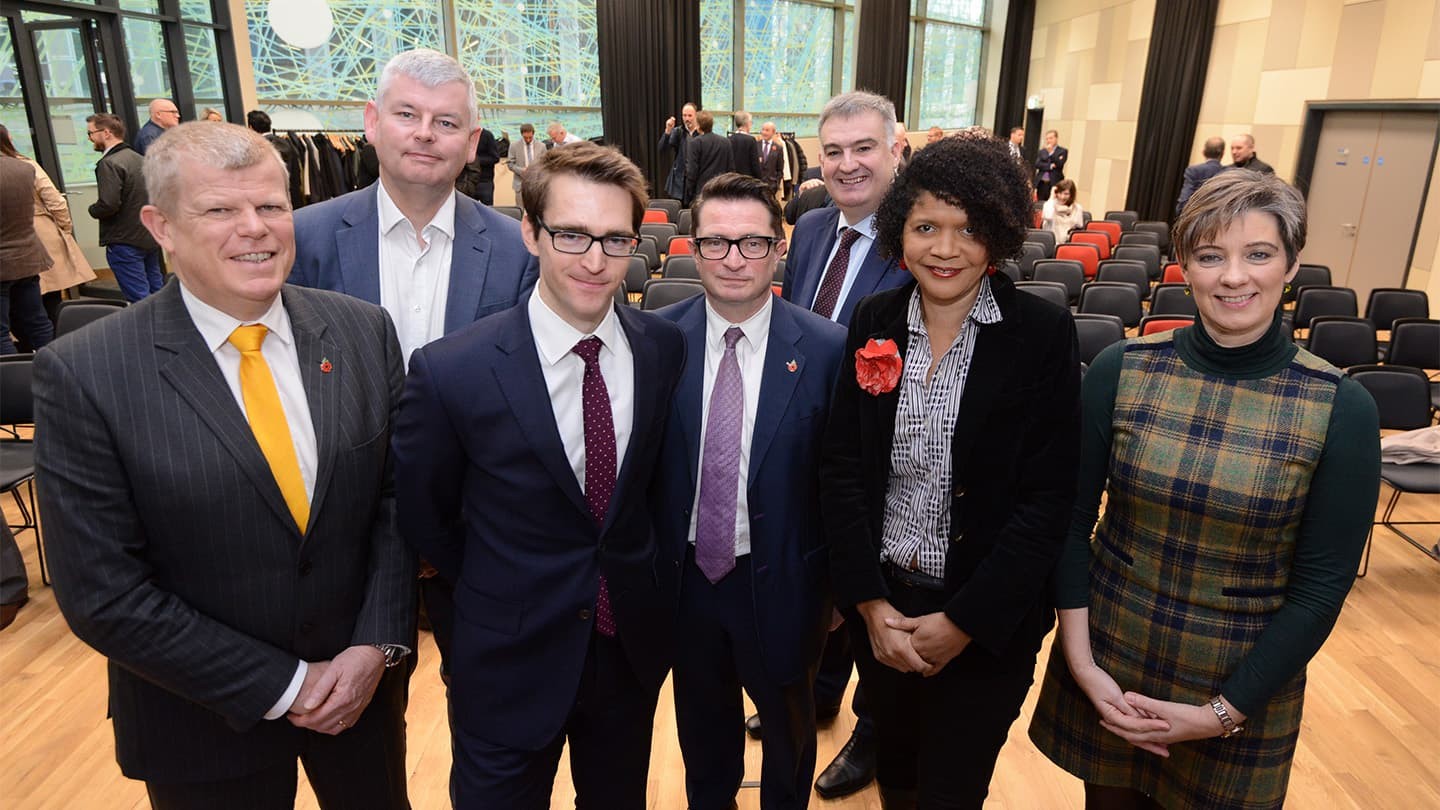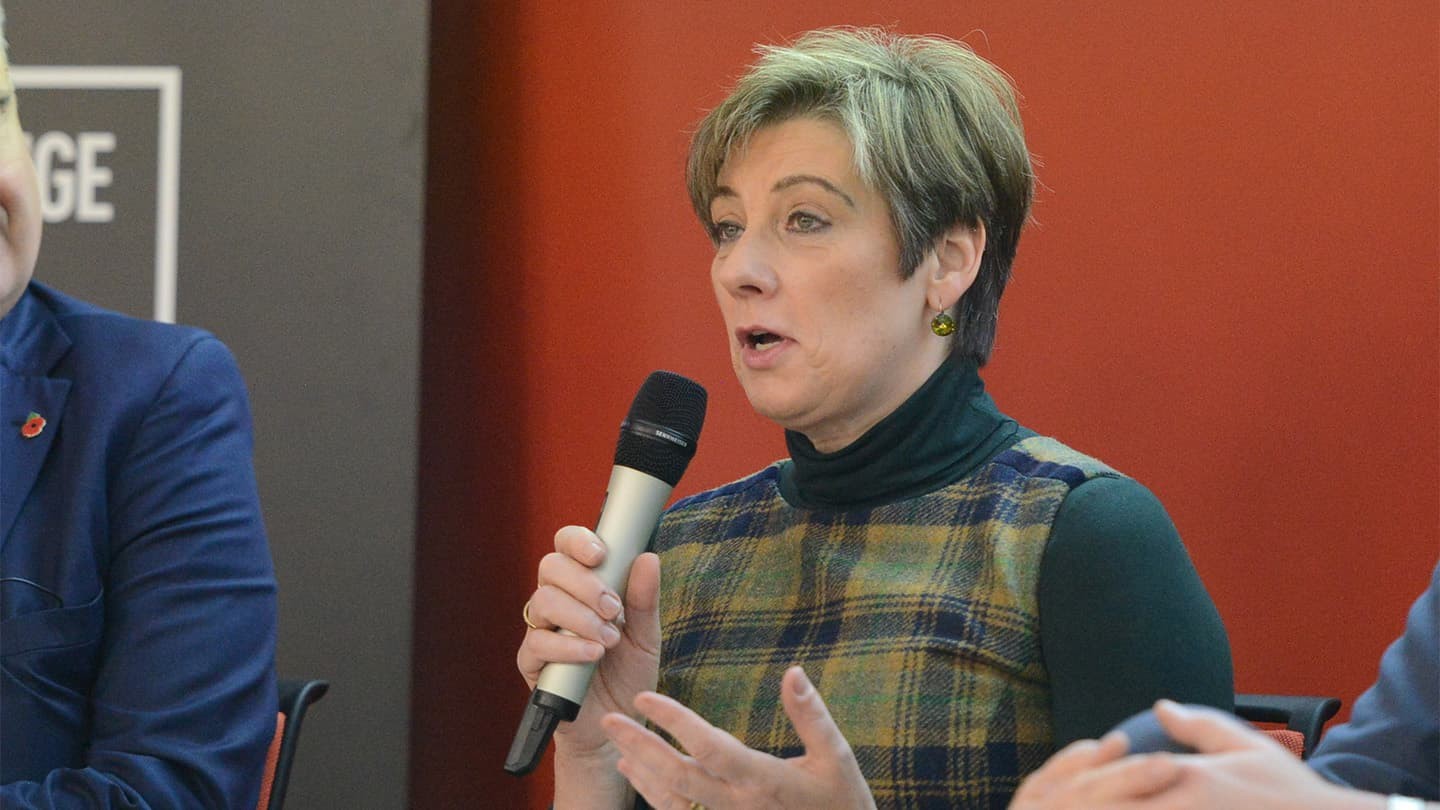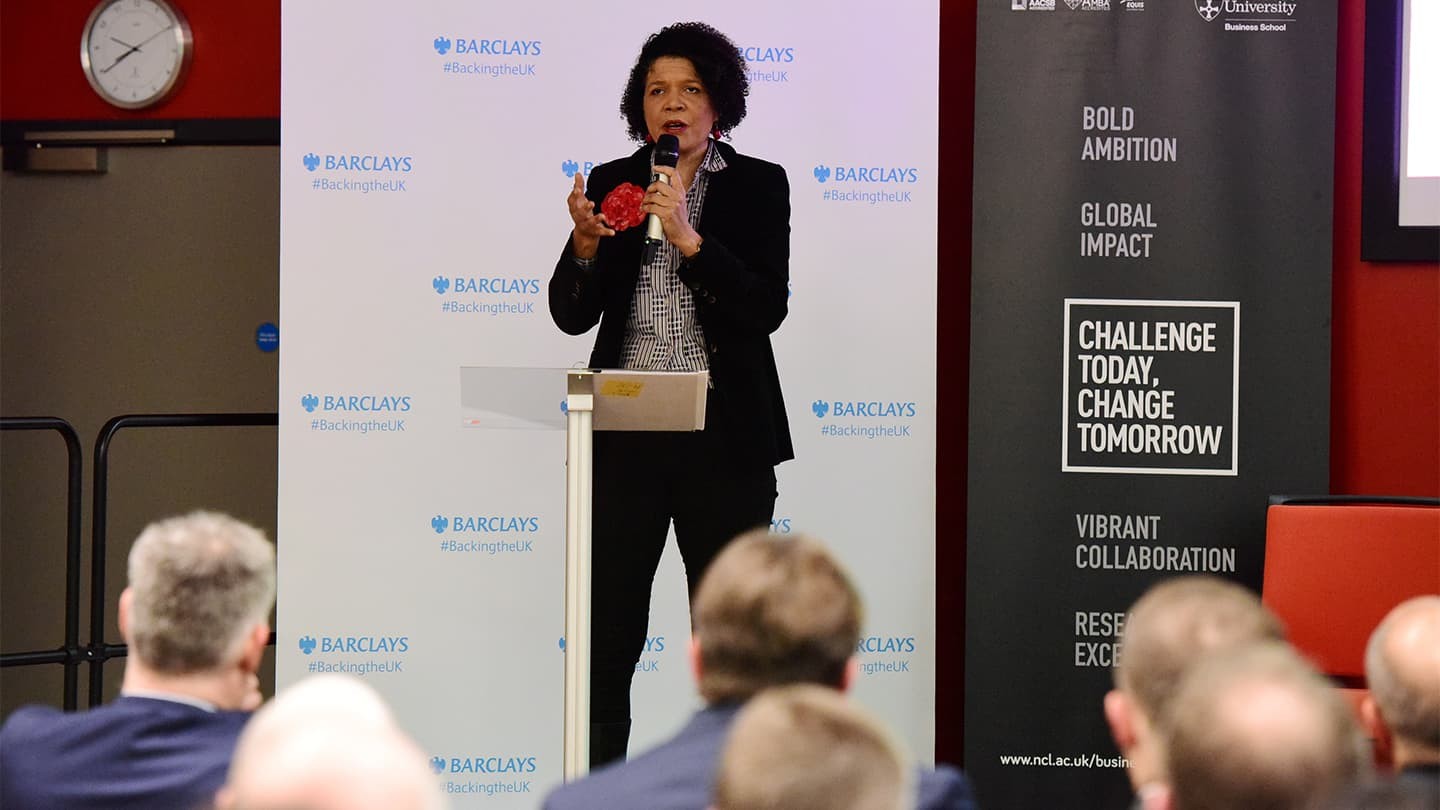
Growth
Brexit and Beyond: supporting manufacturing in the North East
The ‘Brexit and Beyond’ clinic in Newcastle saw industry experts, political leaders and local businesses come together to discuss the impact that leaving the EU could have on the manufacturing sector.
“SMEs are the lifeblood of our economy. Yet research suggests only one-fifth have considered the potential impact of Brexit.” This was the stark warning given by Andrew Lawrence, Head of SME Banking for the North East and Cumbria, to delegates at the latest ‘Brexit and Beyond’ clinic.
Lawrence was appearing on a panel at the Newcastle event, alongside academics, industry experts and Labour MP Chi Onwurah, to discuss a range of Brexit-related topics such as plugging potential skills gaps, attracting talent and the implications of a no-deal Brexit.
The event was hosted by the bank to provide advice and support to the manufacturing sector in the North East. It was organised as part of Barclays’ wider Brexit preparedness support for both the Northern Powerhouse and small businesses across the UK, which also includes a 14bn SME fund and access to the bank’s 1500 ‘on-the-ground’ relationship managers.
Reflecting on the issues facing the sector, the panellists agreed a collaborative approach was needed – calling on everyone in the room to build business relationships with one another and use all support available to them.

Panellists: (Left to right) Mark Norris, Shaun Fooy, Andrew Lawrence, Neil Warwick, Chi Onwurah, June Smith
It can be difficult to find the time in a small business to look forward
Chi Onwurah, who grew up in the area and has represented Newcastle Upon Tyne Central in parliament since 2010, said: “I think it is hugely important that businesses come together and exchange their experience, and that they do that in a supportive environment.
“I know from personal experience it can be so difficult to find the time in a small business to look forward. It’s up to us all, government, local authorities, banks and universities to help prepare for what is going to be a period of uncertainty.”
The conversation turned to attracting the best talent in the UK, something many in the room agreed was of increasing importance with the question marks surrounding the EU workforce.
Shaun Fooy, Senior Manager at the British Business Bank – whose role is dedicated to working with small businesses in the North East – commented on an unfair perception he thought some others held of the region.
“Trying to attract good quality scientists can be a challenge for the North East,” he said. “Unfortunately, when people think of the North East they often think about Redcar Steelworks, back-to-back houses and outside toilets. And that is not the case.
“But when people come up they see what a wonderful place it is, they find that they want to stay. There are more opportunities in this region than it is given credit for.”

June Smith, Regional Director for the North at Make UK

Chi Onwurah, MP for Newcastle Upon Tyne Central
You could apply for a job on a Friday and be employed by the Monday
June Smith, Regional Director for the North at manufacturing organisation Make UK agreed: challenging the room to help dispel outdated perceptions of the area. “There are some really sexy projects going on in the North East, we need to get the right messages out there. We are one of the best places to be if you are a graduate or an apprentice.”
She continued: “There are lots of great opportunities up for grabs. If you are a good engineer, this is one of the few industries where you could apply for a job on a Friday and be employed by the Monday. The industry needs to open its doors and show young people and schools what it is we do.”
As well as attracting the right talent, panellists reflected on the importance of plugging any skill gaps that could be exposed by a no-deal Brexit.
“From a UK government perspective, any EU citizens in Britain before Brexit will be eligible for settled or pre-settled status,” explained Lawrence. “But a no-deal will leave citizens uncertain and, on the flip side, UK nationals travelling to Europe will fall under member states’ separate immigration rules. If you lose a key member of staff, can your business function?”
“Currently we have been granted a 'flextension' by the EU,” explained Mark Norris, Head of Industrials, Department for Business, Energy and Industrial Strategy. “But this does not mean no-deal is off the table. Unless they agree a withdrawal agreement and that is ratified by the EU, it will still be a no-deal.”
So, in this ever-changing political landscape – with each week bringing increasing uncertainty – how can SMEs up and down the country navigate Brexit and ensure it’s ‘business as usual’ in 2020?
“Go onto Barclays’ business Brexit hub which contains all the information that you need on Brexit, all the information on how you can prepare from a banking angle,” said Lawrence. “The Barclays door is wide open to supporting businesses with funding and access to investment to help them grow. That's huge for us.”